Now many people use disinfectant to disinfect the home environment, believing that this can ensure the cleanliness and hygiene of the indoor environment and prevent the spread of diseases. However, there are certain methods and precautions for the use of disinfectant. Using disinfectant too frequently will have an impact on the health of the family and reduce immunity. Let’s learn about the use of disinfectant with the editor.
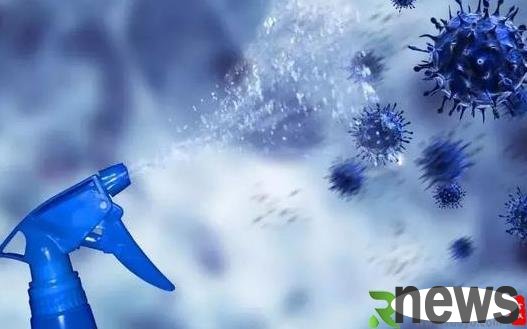
How to use household disinfectant:
1. Generally speaking, the family only needs to be clean and hygienic, and does not require disinfection; it is necessary to disinfect when patients appear at home, especially patients with infectious diseases, or after outsiders visit.
2. For ordinary families, when choosing disinfection methods, physical disinfection methods should be used as much as possible, such as steaming and exposing the sun. The first choice for tableware disinfection is to boil and disinfect, or disinfect the cabinet. Clothing and bedding are mainly exposed to the sun. Indoor air disinfection mainly involves regular window opening and ventilation. When washing hands, if you have not contacted the patient, use regular soap and running water.
3. Disinfect the surface of objects that are frequently contacted, such as door handles, stair handrails, foot pads, faucets, etc., and do not spray disinfectant on a large area of the room.
4. For wash basins and toilets, you only need to spray and disinfect the surface appropriately. After disinfection, rinse with a lot of tap water, otherwise it will corrode the pipeline network; do not add disinfectant to disinfect the floor drains and sewers, because disinfection of floor drains or sewers usually does not serve the purpose of disinfection and disease prevention, and will also corrode the pipeline network, causing future problems.
5. Do not miss the disinfection of key items. For example, dishwashing cloths are often used, often in a wet state, and are exposed to more organic matter such as food, which is very conducive to the growth of bacteria. Therefore, they should be exposed to the sun and boiled to disinfect.
6. Pets' nests should be disinfected regularly.
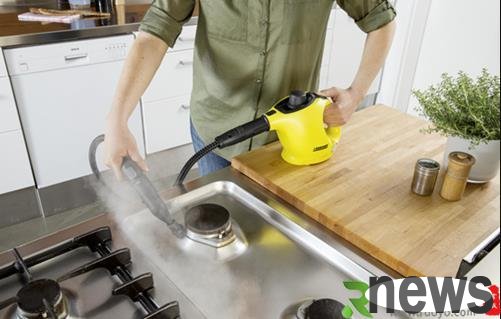
Using principles for household disinfectants:
1. Rationally configure concentration: Chemical disinfectants can only have disinfection effects if they reach a certain concentration. Too low concentration cannot eliminate pathogenic microorganisms. Too high concentration may have obvious destructive effects on the disinfection object and may cause harm to human health. The higher the concentration of disinfectant, the better.
2. Strictly stipulate time: Disinfectants can only have a disinfection effect after acting for a certain period of time. Some disinfectants have rapid sterilization effects, while others are slower. Different disinfectants and different disinfectants may require different time. To ensure that disinfection is effective, the disinfectant must act with the disinfectant for a certain period of time.
3. Ensure safety of use: Most chemical disinfectants on the market currently have certain harm to the human body and objects, and you need to pay attention to safety when using it. Avoid direct contact with the human body. If it is accidentally splashed into the eyes, rinse it with clean water immediately. For safety reasons, you should wear gloves and glasses when preparing disinfectants to avoid children present.
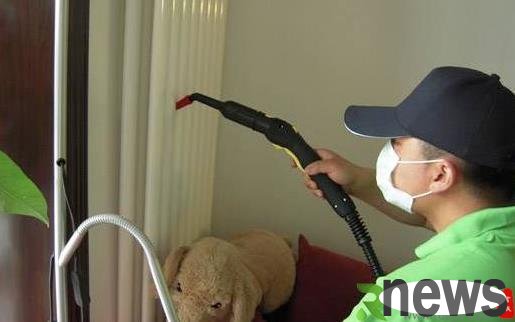
4. Reduce influencing factors: The disinfection effect is related to the nature of the disinfection object. Items containing organic matter may affect the disinfection effect. Before disinfection, try to keep the disinfection objects clean. It is best to clean the tableware and furniture first and then disinfect it. Since the moisture on disinfecting items may reduce the concentration of disinfectant, disinfecting objects should be relatively dry when disinfecting.
5. Chemical disinfectant is now used: Most chemical disinfectants are unstable, especially after being diluted in water, which is easier to decompose. They must be used immediately and cannot be reused; reused use will cause contamination of the disinfectant and the disinfection effect will decrease.
6. Scientific disinfection: Different disinfectants have different effects in killing pathogenic microorganisms, and different microorganisms have different resistance to disinfectants. Generally, household disinfectants only kill some common microorganisms and may not have disinfection effects on some microorganisms with strong resistance. Therefore, if an infectious patient appears in the family, disinfection measures should be taken in accordance with the doctor's advice and the requirements of the local disease prevention and control department.
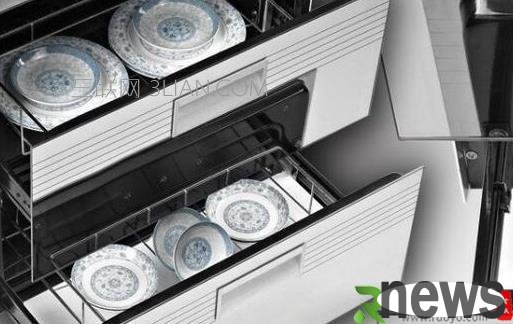
Precautions for using household disinfectant:
1. If there are infants, pregnant women, elderly people and other people in the family, or patients, use disinfectants with caution. If there are no infectious patients, it is best not to use disinfectants to disinfect them.
2. Avoid using wine bottles and beverage bottles to hold disinfectants to avoid misuse. Do not replace the bottle of disinfectant with a beverage bottle, so as to avoid adults or children from accidentally drinking it and getting poisoned. If you use other bottles, be sure to indicate the words "disinfectant" &ldquo. Disinfectants stored in the home should be placed in a place that children cannot reach, or locked.
3. Use chemical disinfectants correctly and follow the instructions. Read the product instructions carefully before use, and strictly follow the concentration, amount of disinfectant and disinfectant use and the time of disinfection.
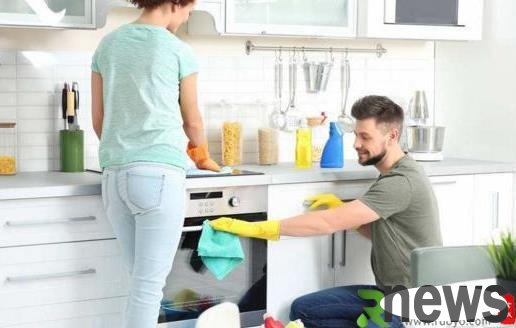
4. There must be certain protection during the application process (gloves, glasses, etc.) and do not directly contact the stock solution with your hands. Everything soaked with disinfectant must be cleaned to remove residue.
5. Air disinfection is generally used to open windows for ventilation. If there are special requirements, disinfectant spray or ultraviolet rays must be used to directly irradiate, and it must be carried out without anyone indoors to reduce harm to the human body.
6. When using chemical disinfectant spray to disinfect, in order to ensure the disinfection effect, the doors and windows should be closed during disinfection. After the disinfection is completed, the doors and windows should be opened for ventilation, and the family should enter after the odor is dissipated.
7. When disinfecting, if the skin or other parts of the body are allergic to the disinfectant and have allergic symptoms, the disinfectant should be stopped and anti-allergic drugs should be used as appropriate under the guidance of a doctor.
The above is an introduction to the use of disinfectant and precautions. I hope that through the introduction of the content of this article, everyone will have a certain understanding of the use of disinfectant and some unnecessary safety knowledge. Only by safe and reasonable disinfection can bring health to their families.
